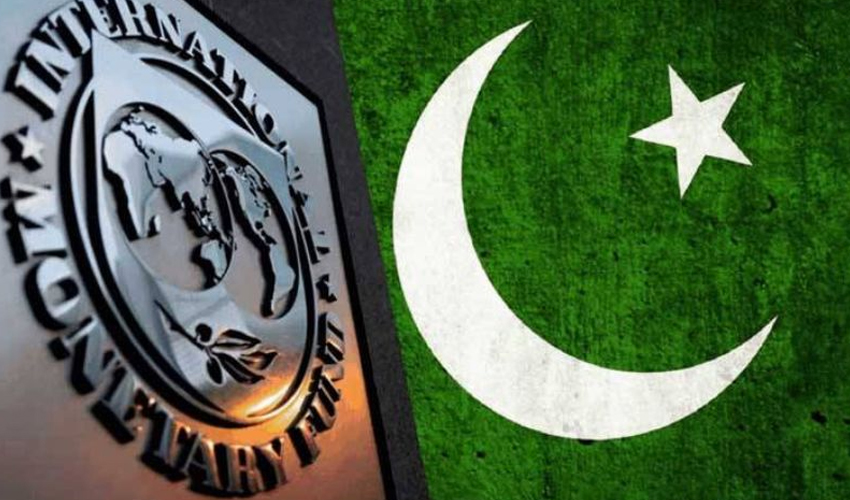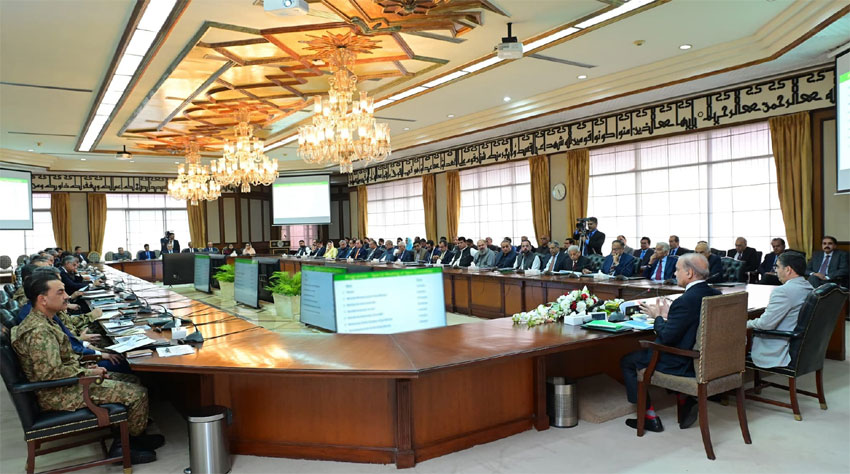Editorial
The International Monetary Fund (IMF) has recently completed the second and final review of Pakistan’s economic reform program under the Stand-By Arrangement (SBA), which aims to stabilize the economy and promote growth. The IMF’s Executive Board’s decision to complete the review has allowed for an immediate disbursement of SDR 828 million (approximately $1.1 billion), bringing the total disbursements to SDR 2.250 billion (approximately $3 billion).
The authorities’ efforts under the SBA, which include strict adherence to fiscal targets and reform measures, have resulted in stronger policy efforts and facilitated the stabilization of the economy. To achieve a strong and sustainable recovery, the authorities must continue their policy and reform efforts, including macroeconomic policies, market-based exchange rates, and broad-based structural reforms to promote inclusive and stronger growth.
The SBA, which the Executive Board approved on July 12, 2023, provided a policy anchor to address domestic and external imbalances and a framework for multilateral and bilateral financial support. The program focused on necessary fiscal adjustments and debt sustainability, protection of critical social spending, buffering external shocks, eliminating foreign exchange (FX) shortages, disinflation, and structural reforms.
The macroeconomic conditions have improved due to the program’s policy measures. The economy is expected to grow by 2% in FY24, and the fiscal position is strengthening, with a primary surplus of 1.8% of GDP achieved in the first half of fiscal year 2024, well ahead of projections. The inflation rate has declined and is expected to reach around 20% by the end of June, with an appropriately tight and data-driven monetary policy. Gross reserves have increased to around $8 billion, up from $4.5 billion at the program’s start, and the reserves are projected to continue to rebuild over the medium term.
Continued fiscal sustainability and additional space for social and development spending depend on revenue mobilization efforts, primarily from non-filers and undertaxed sectors, and improving public financial management. The authorities have stabilized the energy sector’s circular debt through timely tariff adjustments and enhanced collection efforts. The authorities must undertake cost-side reforms to address the underlying issues and viability of the energy sector.
Achieving strong and inclusive growth and creating jobs require accelerating structural reforms and continued protection of the vulnerable through an adequately-financed Benazir Income Support Program. The reform of state-owned enterprises, strengthening governance and anti-corruption institutions, and building climate resilience are the priorities to promote long-term inclusive growth.
The IMF’s decision to complete the second and final review is expected to support Pakistan’s development and progress, the country’s leadership, and investors’ commitment to sustainable growth, trade, and investment measures. The IMF’s support for Pakistan’s economic reform program is critical to the country’s future economic growth and stability.
















































